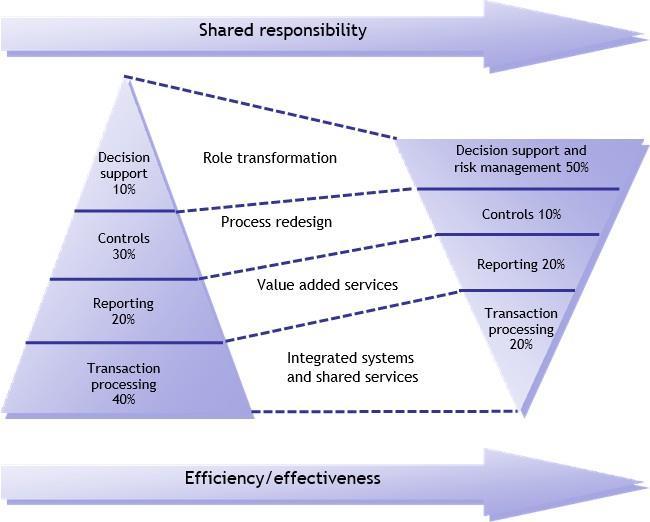
1 minute read
Accounting standards
The Accounting Standards
Board
Advertisement
International Accounting Standards Board (IASB)
General Accepted Accounting Principles
‘The role of the Accounting Standards Board (ASB) is to issue accounting standards. It is recognised for that purpose under the Companies Act 1985. Accounting standards developed by the ASB are contained in 'Financial Reporting Standards' (FRSs) and 'Statements of Standard Accounting Practice' (SSAPs). There are currently in the region of 30 FRSs and 12 SSAPs that organisations are expected to comply with in law in their published accounts.
‘Our mission is to develop, in the public interest, a single set of high quality, understandable and international financial reporting standards (IFRSs) for general purpose financial statements.’ There are currently eight IFRSs and 41 international accounting standards (IASs) that organisations are expected to comply with in their published accounts.
If the IASB is responsible for developing brand-new accounting standards then Generally Accepted Accountancy Practice (GAAP) is the way in which a number of countries tend to adopt the standard, or at least interpret it, and fit it into their individual country's accounting standards. Each country has its own GAAP, but on the whole there aren't many differences between countries.
International Public Sector Accounting Standards (IPSAS)
‘Compliance with the IPSAS standards guarantees that the financial reporting of public bodies conveys what is termed a true and fair view of the financial situation. IPSAS take account of the characteristic features of the public sector.
Although the IPSAS are based on the IAS standards for private companies, they were adapted to the requirements of the public sector. The IPSAS are laid down by the International Federation of Accountants (IFAC), a private federation.



